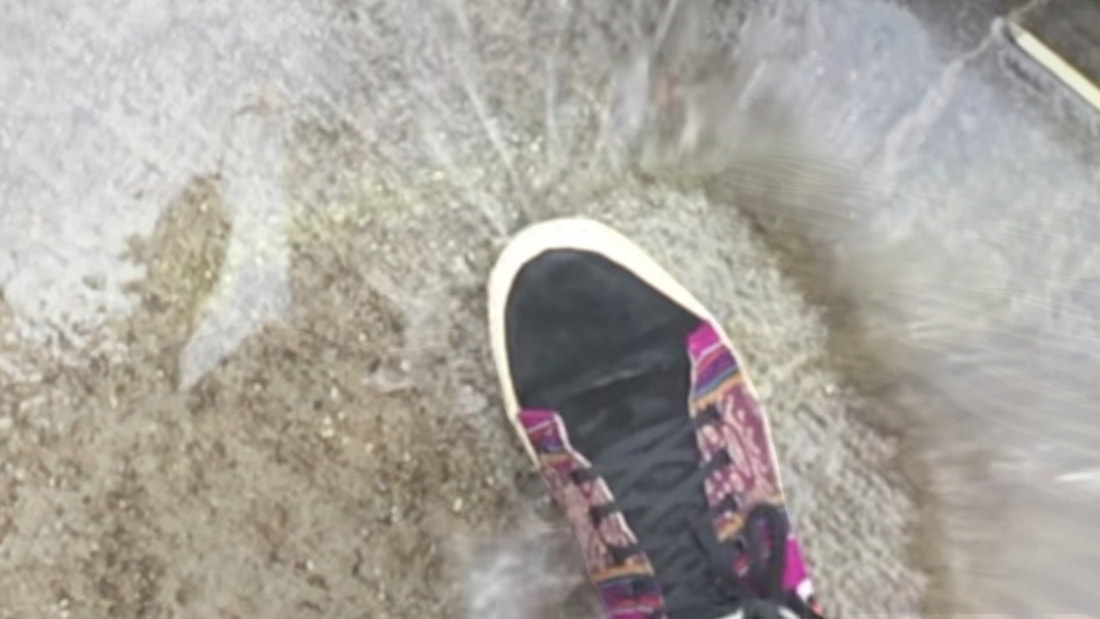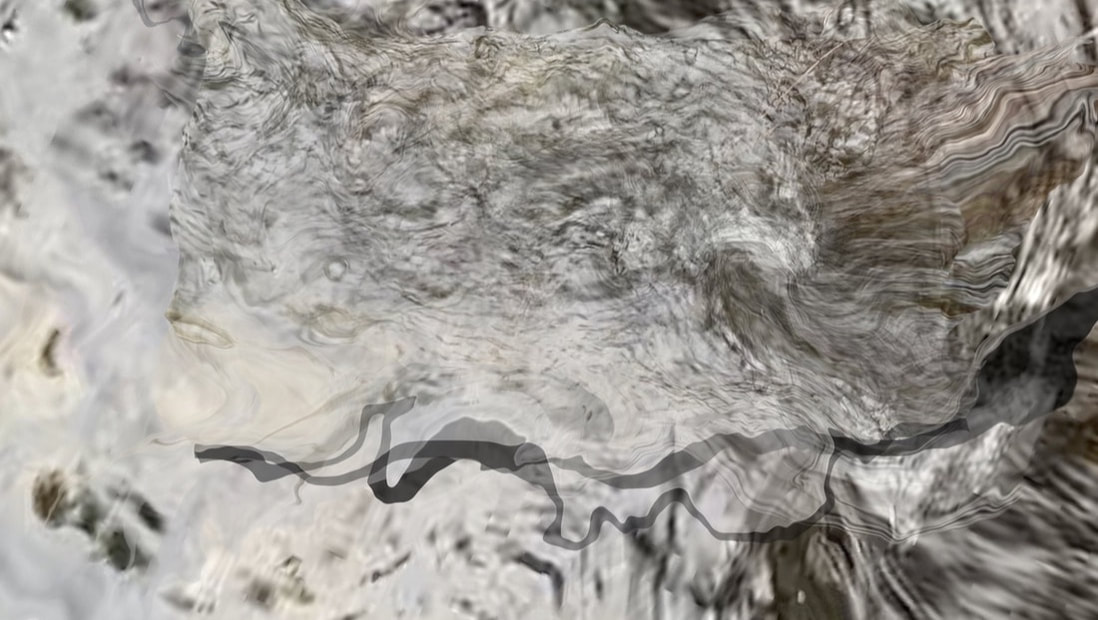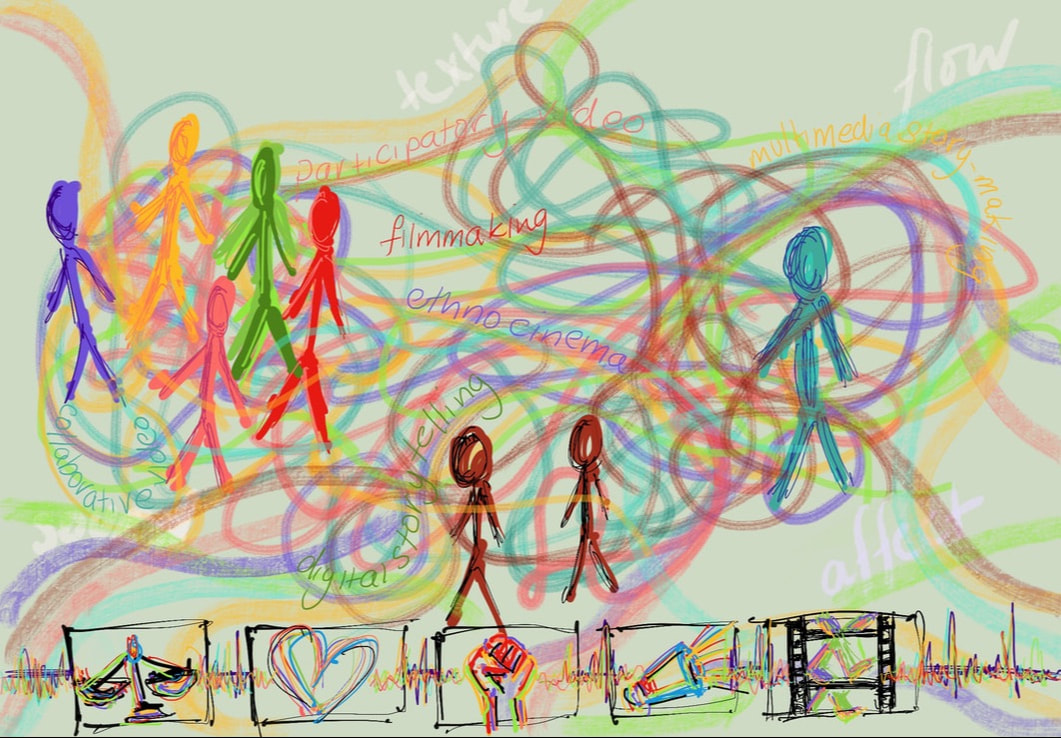|
If affective filmmaking as method can open feeling to thought through making, what questions does it make possible? What is its potential for future research? In this post I riff on this question, thinking with ‘what if’.
0 Comments
My research develops affective filmmaking as a method of inquiry that supports young people to explore everyday understandings and experiences of gender in secondary school*. Affective filmmaking is designed to give expression to young people’s felt experience and tacit knowledge in an emergent process of thinking through making.
Academic inquiry generally has a serious purpose, but can it also be playful? In my experience, the doing of PhD research through reading, thinking and writing is far more generative when I inhabit an attitude of play. This doesn’t mean that the work is not serious or purposeful, but rather that my purpose expands to allow for ‘wander lines’ of unplanned trajectory, to respond to the magnetic spark of a word or tangential idea and follow the threads that emerge from it (Manning, 2020, p. 2). To inhabit this mode, I need to allow myself time and space to follow random paths that may or may not lead to an outcome, and to take pleasure in the process of an unknown journey. This requires setting aside deadlines and deliverables, rather than purpose, and getting comfortable with not knowing. I’m going to riff on that idea in this post.
Reading theory, thinking, questioning and writing is challenging intellectual work. Capturing and articulating thoughts in words as they emerge is a delicate process: committed too soon they may break the flow of ideas, and too late allow vital threads to be lost. For me self-censorship too – even as I actively work against it – frequently trickles in uninvited to derail my writing process. One day when I was feeling particularly despondent about a month into my PhD candidature I decided to take a break from writing on my computer to doodle my thoughts with a bold black pen in a small visual art book.
|
BlogMy thinking about filmmaking as an affective, emergent mode of inquiry to explore experiences of gender in secondary school with young people through my doctoral research. Archives
December 2022
Categories
All
|



